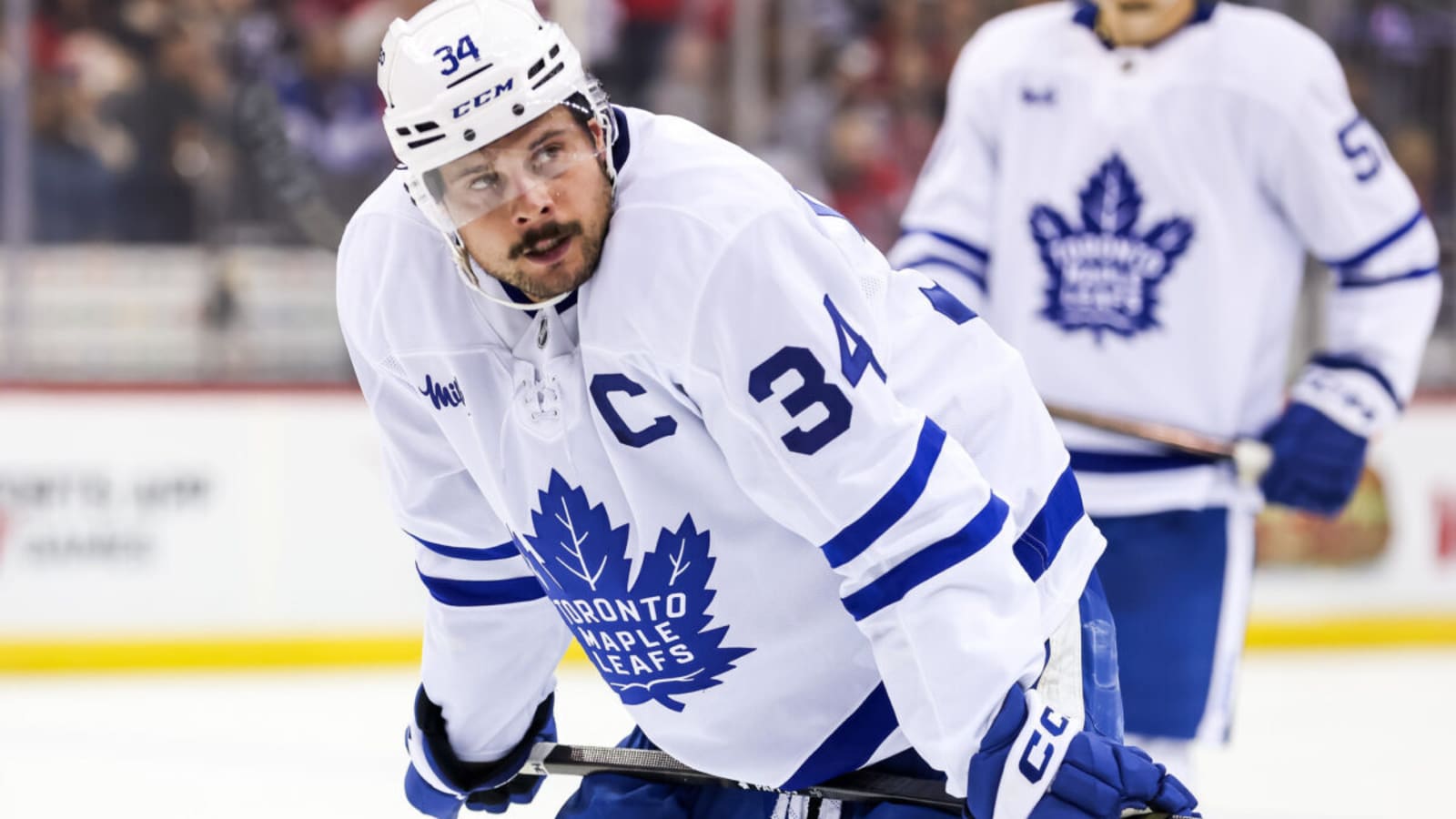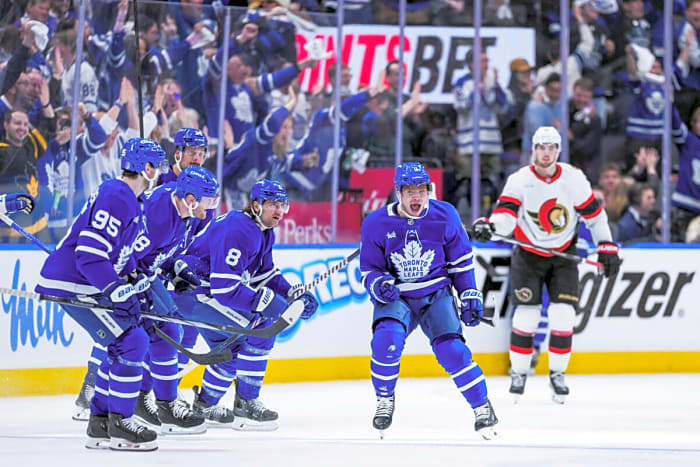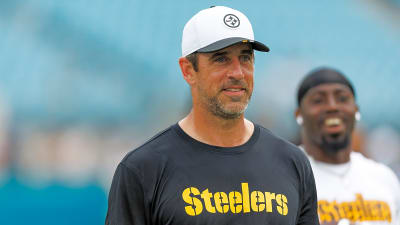
For all the hype and high expectations surrounding the Toronto Maple Leafs, the same questions keep circling back to leadership and whether this team has the right mix to overcome its hump. Year after year, the Maple Leafs show flashes of being a contender. Still, when the playoffs arrive, old problems resurface—soft play, lack of pushback, and an inability to control the emotional tempo of a series. Fans can accept tough losses, but it’s harder to take when the team looks like it’s getting pushed around.
That’s why the spotlight keeps falling on Auston Matthews. He’s a superstar, no question about it. He’s one of the best goal scorers in hockey, and his two-way game is often underrated. But for some fans, it’s not enough to put up numbers in the regular season anymore. Toronto is a market where legends are built in the spring, not October, and the jury’s stil l out on whether Matthews has that side to his game.
Item One: Matthews’ Leadership Debate Heats Up
Matthews is one of the most talented players the Maple Leafs have ever had, but the debate about his leadership isn’t going away. Fans are quick to point out that while he racks up goals in the regular season, the playoffs often bring out the quieter, less assertive version of his game. That’s the Matthews many fans are tired of seeing—lots of production, but not the kind of presence that drags a team through the grind of postseason hockey.
The issue isn’t that anyone expects Matthews to become a fighter or start throwing cheap shots. The frustration is that when opponents get in his face, he tends to shy away rather than push back. Players like Max Domi, Jake McCabe , and Morgan Rielly handle the physical pushback, while Matt hews, Nylander, and even Tavares are often seen on the receiving end. For a player wearing the “C,” that’s a red flag.
Supporters argue the players respect him and appreciate his “lead by example” style. He is, without question, a premier two-way forward. However, the heart of the debate is whether that style of leadership is sufficient in Toronto, a city that still idolizes captains like Doug Gilmour and Wendel Clark—players who wore their passion on their sleeves.
Item Two: Is Matthew Knies a Future Maple Leafs Captain?
If Matthews’ leadership is under scrutiny, Matthew Knies has quickly become the fan favourite for what leadership could look like down the road. Even as a young player, Knies shows the kind of edge and drive the Maple Leafs have been missing. He battles, he pushes back, and he plays with a noticeable fire that draws people’s attention.

It’s not just fans who are impressed. Commenters already see Knies evolving into one of the best power forwards in the NHL, someone who combines skill with a physical presence. Some even suggest he’ll eventually be the captain, and maybe sooner than people think. His game embodies the qualities Toronto fans believe matter most in playoff hockey—intensity, grit, and the willingness to take a hit to make a play.
Knies might not carry the “C” anytime soon, but comparisons are already being made. If the Maple Leafs want to win in the spring, it might not be long before they’re looking to players like him to set the emotional tone.
Item Three: Do the Maple Leafs Still Need More Grit?
One of the biggest frustrations in Toronto is that too many of the Maple Leafs’ stars can be pushed around. In the playoffs, especially, opponents know they can target Matthews or Nylander and take them out of their comfort zone. While a few players, such as Domi, McCabe, and Rielly, push back, the team still lacks the “bite” that successful playoff teams typically rely on.

Fans bring up names from the past—Gilmour, Darryl Sittler, Clark—as examples of leaders who always raised their game when things got tough. They didn’t just score; they fought every little battle, whether that meant winning a faceoff, starting a scrum, or shifting the energy of a game with sheer determination. That’s the kind of presence Toronto still lacks.
It’s not that Matthews or Nylander aren’t valuable, but there’s a difference between skill and grit. In the playoffs, skill alone rarely carries a team. The Maple Leafs need more players who can shift the tone of a series, not just pile up points in the regular season.
What’s Next for the Maple Leafs?
The Maple Leafs don’t need to reinvent themselves, but they do need to make choices about identity. Is this Matthews’ team, with all the skill and composure that comes with it? Or is the next generation, led by players like Knies, going to carry the emotional torch the way Gilmour and Clark once did? These questions aren’t going anywhere, especially if Toronto once again struggles in the spring.
Fans will keep debating Matthews’ leadership style, but ultimately, playoff performance will decide the conversation. If he steps up and leads this team through adversity, the questions fade. If not, the calls for more grit and a different kind of captain will only get louder. For now, the Maple Leafs remain a team in search of more than just goals—they’re searching for a backbone strong enough to carry them where they haven’t been in decades.
More must-reads:
- Panthers will be without Matthew Tkachuk for a while
- Wild to sign Marco Rossi to multiyear deal
- The 'Second-leading receiver by NFL team' quiz
Breaking News
Trending News
Customize Your Newsletter
 +
+
Get the latest news and rumors, customized to your favorite sports and teams. Emailed daily. Always free!








